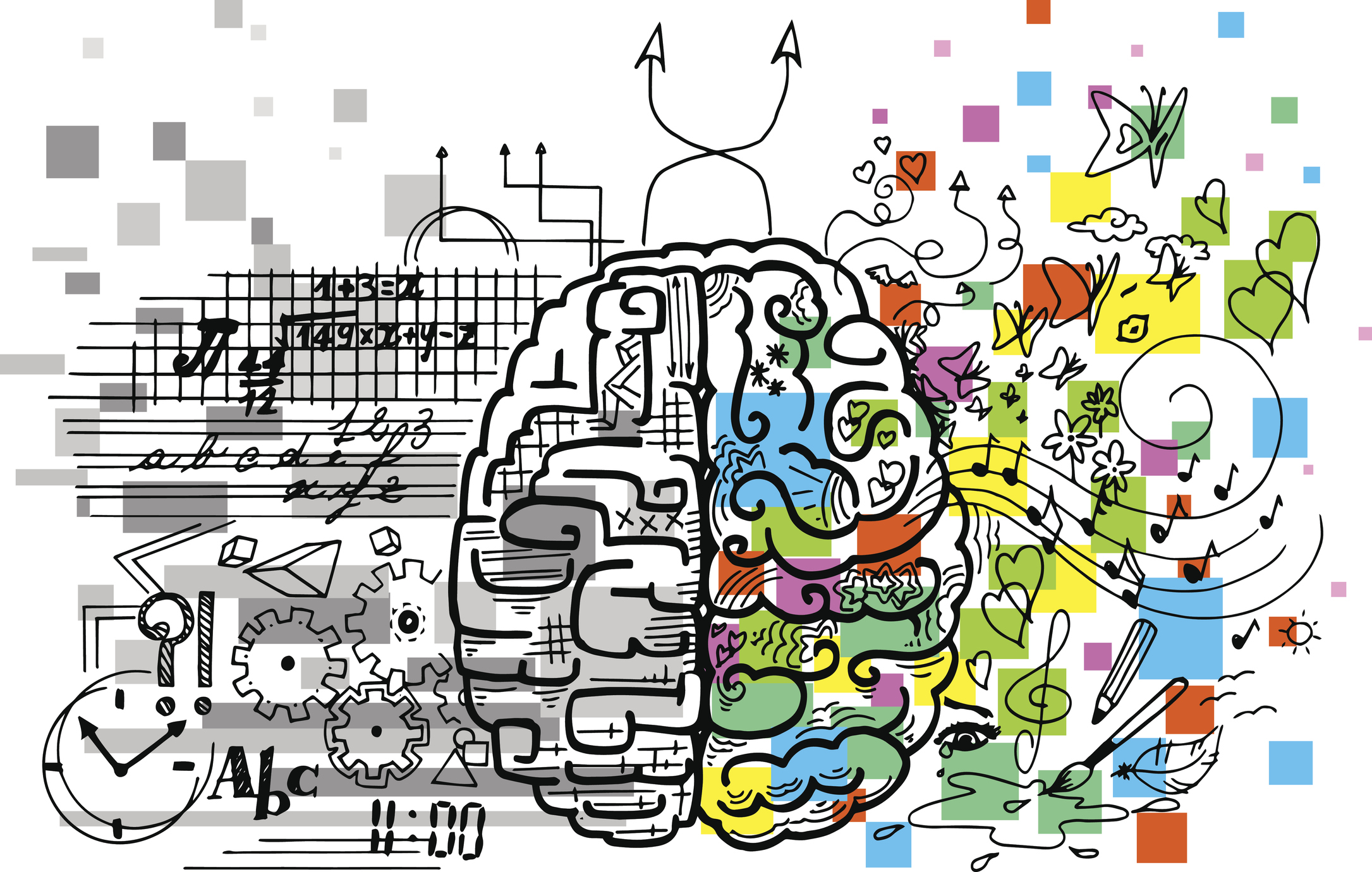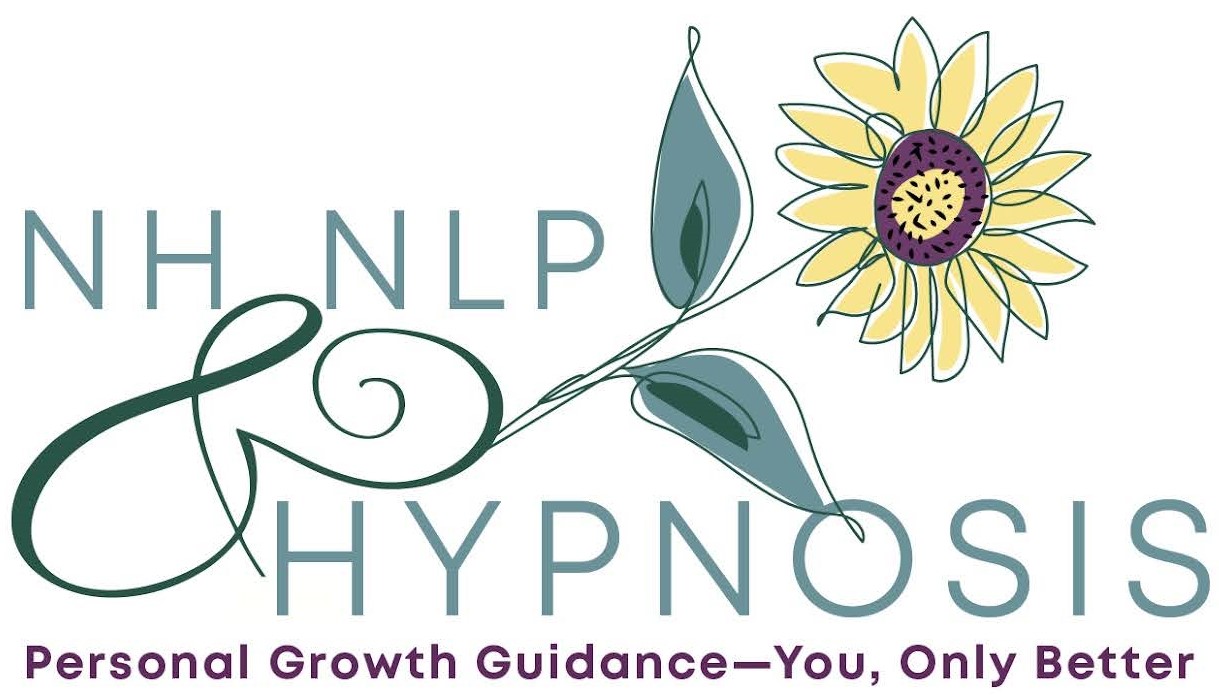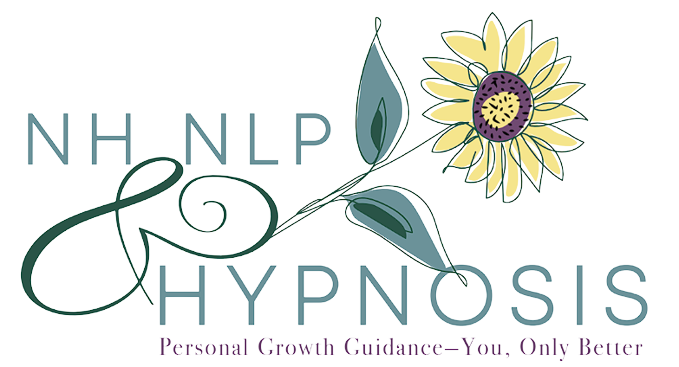
Let’s state the obvious—there is a lot of info about hypnosis on this page. As well, there should be, for a few reasons:
- It’s generally misunderstood
- It can easily be demystified
- You deserve to know what you are “opening” yourself up to
- I want you to feel comfortable, knowing you are in control and an integral part of this successful process
Explaining Hypnosis
Hypnosis is a state of mind that every person has experienced in their life. Yes, even you have. Being in a state of hypnosis requires that you be in a singularly focused state of mind—some call it a trance, meditation, or altered state. As examples (there are many more), we enter into this altered state when we drive our car, play music, create art, engage in sports, or watch a movie, TV show, or your favorite sports team play, or simply daydream.
How do you know if you’ve been hypnotized in your everyday life? Well, it’s happened any time you’ve driven past where you were supposed to turn, or simply realized, “Wow! I already passed that exit; I am further along on the trip than I thought.” Or perhaps you are watching a movie, and you “suspend disbelief” to get entirely wrapped up into the plot, characters, and their actions and intentions—good, bad, or somewhere in between.
You yell at the TV, give hell to the jerk who is doing your protagonist wrong, belly laugh at the absurdity of physical comedy, and cry with deep compassion for any heartache … all coming from watching the story that is being told. You are entwined in the story—seeing it and feeling it—as though it is real and actually happening. At least, this is how your brain and sympathetic and parasympathetic nervous system are experiencing it.


How Does Hypnosis Work?

It’s this phenomenon that gives us insight to how hypnosis works. Your brain is a complex structure, to say the least. The reptilian brain, the limbic brain, and the neocortex work inextricably together. Simply put, the first controls basic body functions, the limbic brain records memories (and assigns values to them that can conjure emotions around them), and the neocortex hemispheres provide language, abstract thought, imagination—what we typically consider consciousness.
While there are nuances to their differences, “primitive” and “reptilian” brain are terms that are often used interchangeably, but this primitive wiring we all have means that whether you are actually running away from a saber-tooth tiger or just watching one on the big screen—or worrying about test results, anxious over a break-up, depressed about a disturbing memory, or nervous about an upcoming surgery—it all feels real and present-time to your body, mind, and sympathetic nervous system.
To break it down to its simplest form: through hypnosis, considering how the brain functions, we dismantle the old experience(s) and give your brain a new view of whatever your saber-tooth tiger looks, acts, and feels like. Your new experience becomes your new default.
Change Work
People seek hypnosis, or hypnotherapy, which is distinguishable to stage hypnosis (you know, clucking chickens and all) in that they are seeking what is generally referred to as “change work.” Changing anxiety to calm; insomnia to restful sleep; phobias to freedom, limiting beliefs and behaviors to peak performance … and it goes on. And the new change, or “desired state” are all defined by the client—you. When your practitioner is guiding you, I do so with your goals as the desired state. You, even in the deepest state of relaxation you enter during your hypnosis session, are 100% in control.
How is that possible? Because once you are so deeply relaxed, your waking mind—the part of you that calls up the anxious thoughts and distressing memories—gets to rest and quiet down, allowing your unconscious mind to guide me so I can best guide you.

Pondering the Paradox

There is a paradox here: while your waking mind is the one filled with chatter—the worrisome what ifs, the stressful thoughts, the anxious doubt, or self-deprecating limiting beliefs—it is taking direction from your unconscious mind … the very part of you that we need to access to change these behaviors.
You might be asking:
- Why would I be directing myself to do or think things I know are “bad” for me?
- Why would my unconscious mind have me doing/repeating such harmful or self-sabotage behaviors?
- How can the same vehicle that is directing my behavior also stop it?
Your neural cortical pathways (we have billions of them!) remember everything. And whenever you have thoughts or feelings, they fire off as though these are happening in that moment. This goes back to the example of watching the movie. There is an expression used in NLP (neuro-linguistic programming) and hypnosis: if you fire it, you wire it. Each time this cortical pathway gets “fired,” it wires in deeper to your brain as a REAL experience. This is why, we “do” anxiety and depression, fear, and phobia. It has been wired as such. The good news is: we can rewire it!
The Unseen Hero: Your Unconscious Mind
This is where accessing the unconscious mind comes in. Somewhere in your experience, there are typically origin events or experiences that initially fired and tripped that wire. Your unconscious mind—which remembers EVERYTHING and is always a benevolent force for you, got the message that it needed to protect you or alter your response to a given stimulus, so sets this protection or behavior or thought process up for you.
As a child, you may have had a distressing situation that your subconscious mind—in an effort to protect you—wired as something to avoid. Fast forward 30 years, and these childlike coping strategies often do not apply, hinder your progress, and can downright sabotage you as an adult.
As you continually call it up, the wiring runs deeper in your brain. This becomes second nature, your default mode. Hypnotists and NLP practitioners can help you access this stored memory—and we are trained to do so in ways that keep you feeling safe and comfortable—so I can also help you rewire that experience, giving you a new outlook and behaviors. This might involve you revisiting old or buried memories, though does not always need to include that element for this work to be successful. Though when it does, it usually brings with it insight, lessons learned, and resolution that amplify your health and quicken your progress forward.

You Will See Results … Literally!
Of the many techniques I use as a hypnotherapist, guided imagery is one of them. It will feel to you more like a guided meditation. And it’s okay—and will still be effective—if you:
- Aren’t a “visual person,”
- Don’t meditate in your daily life
I don’t always see the visuals when I am being guided in a hypnosis or NLP session, but the feelings invoked are what really move the needle. And this is attainable for everyone. Afterall, you do have feelings, or you wouldn’t be seeking answers to change them.
The Structure of a Hypnosis Session
- We talk and explore what you want to change.
- You present your desired state—and we frame that in the positive.
- We assure and confirm that you are in control of the session—you will continue to hear my voice, you can speak while you are in trance, and while I use your frame of reference and words for the change you want; if, by chance, there are any suggestions that bump into your values, you simply reject them. Your unconscious mind knows you (is you!) and wants what is best for you.
- You then relax … deeply. And this part feels so good. It’s, in fact, why you are here.
- Once you have relaxed fully, I then work with your unconscious mind to help you attain the results you want to achieve. I am trained in many techniques, so have a variety of ways to help you.
- You’ll be the star in your own movie as I guide you through your session. You will enjoy seeing the enhanced version/vision of your new feelings, thoughts, and behaviors about your life. You will experience this profoundly.
- I gently guide you back to your waking state. And you awaken refreshed, invigorated, and ready to begin living your life. Will you change? Yes! Though you are still you, only better.
Let’s start getting you better now. Be in touch for a consult to begin the process.

